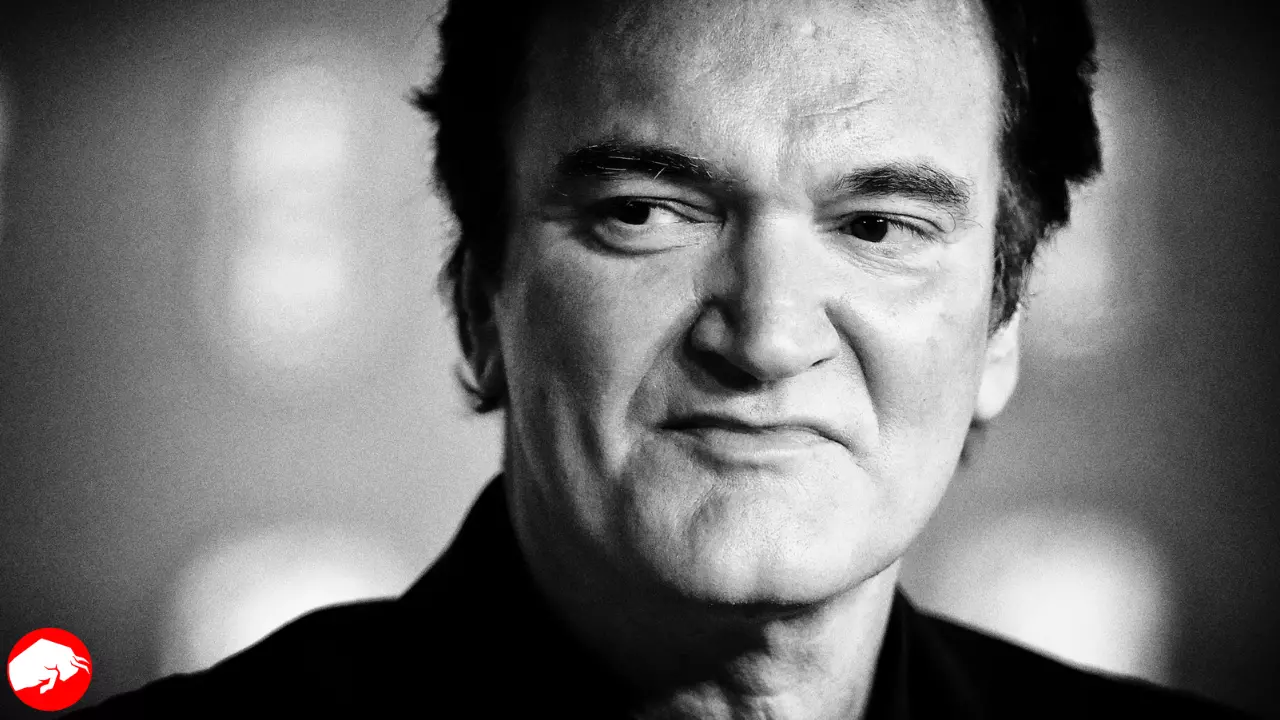Quentin Tarantino, the maverick of modern cinema, has always been known for his unique narrative style and the unconventional lens through which he views the world of movies. A film school dropout who instead opted to learn the craft through avid movie-watching, Quentin Tarantino’s raw and unfiltered perspectives on cinema have always been a topic of interest.
Today, we dive into a lesser-explored side of his opinions—his notable dislikes—particularly those movies that enjoy widespread acclaim or cult classic status but failed to impress this maestro.
Breaking Down The Matrix: Tarantino’s Take on the Franchise’s Sequels
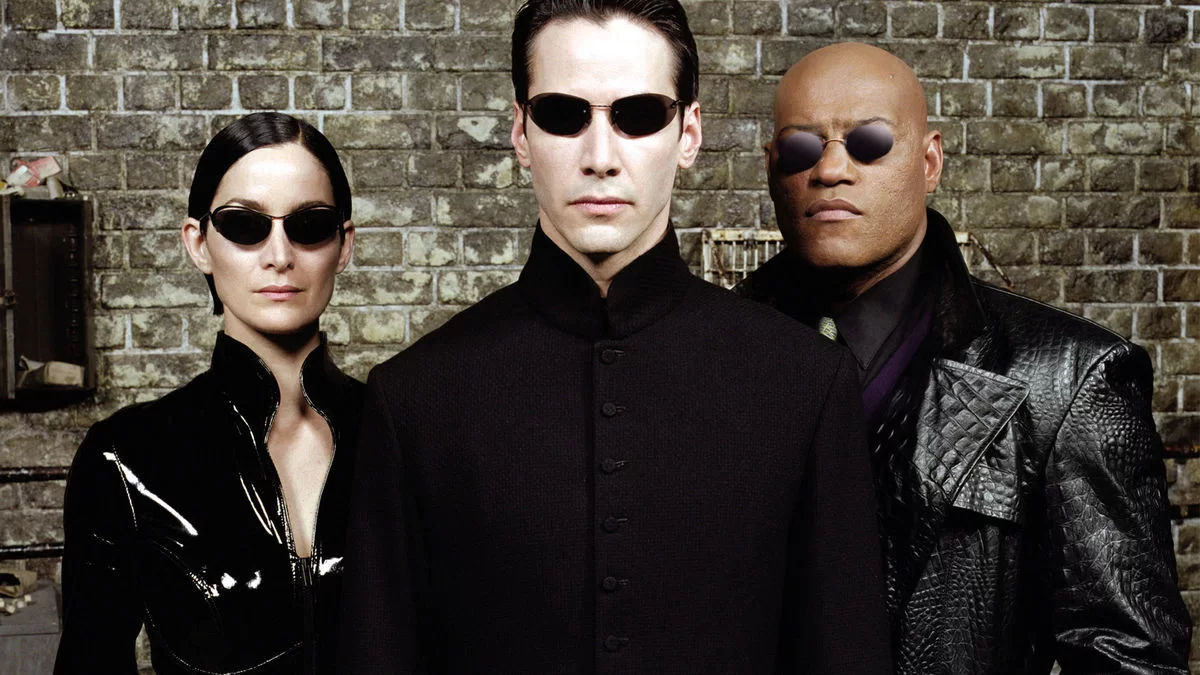
“It were the sequels that spoiled the whole mythology of that franchise.”
Perhaps one of the most shocking entries on Tarantino’s dislike list are the sequels to The Matrix—Reloaded and Revolutions. An outspoken fan of the original Matrix film, he reserves his criticism specifically for its sequels.
According to Quentin Tarantino, the subsequent installments, despite their massive fan base and box office success, effectively spoiled the entire mythology of the franchise. His perspective provides an alternative insight into the dichotomy between audience reception and an acclaimed director’s viewpoint on sequelitis—the often-criticized Hollywood tendency to rely on sequels that may not always carry the original film’s spirit.
Bill Murray’s Character Arc: A Comedic Genius or Justifiable Scoundrel?
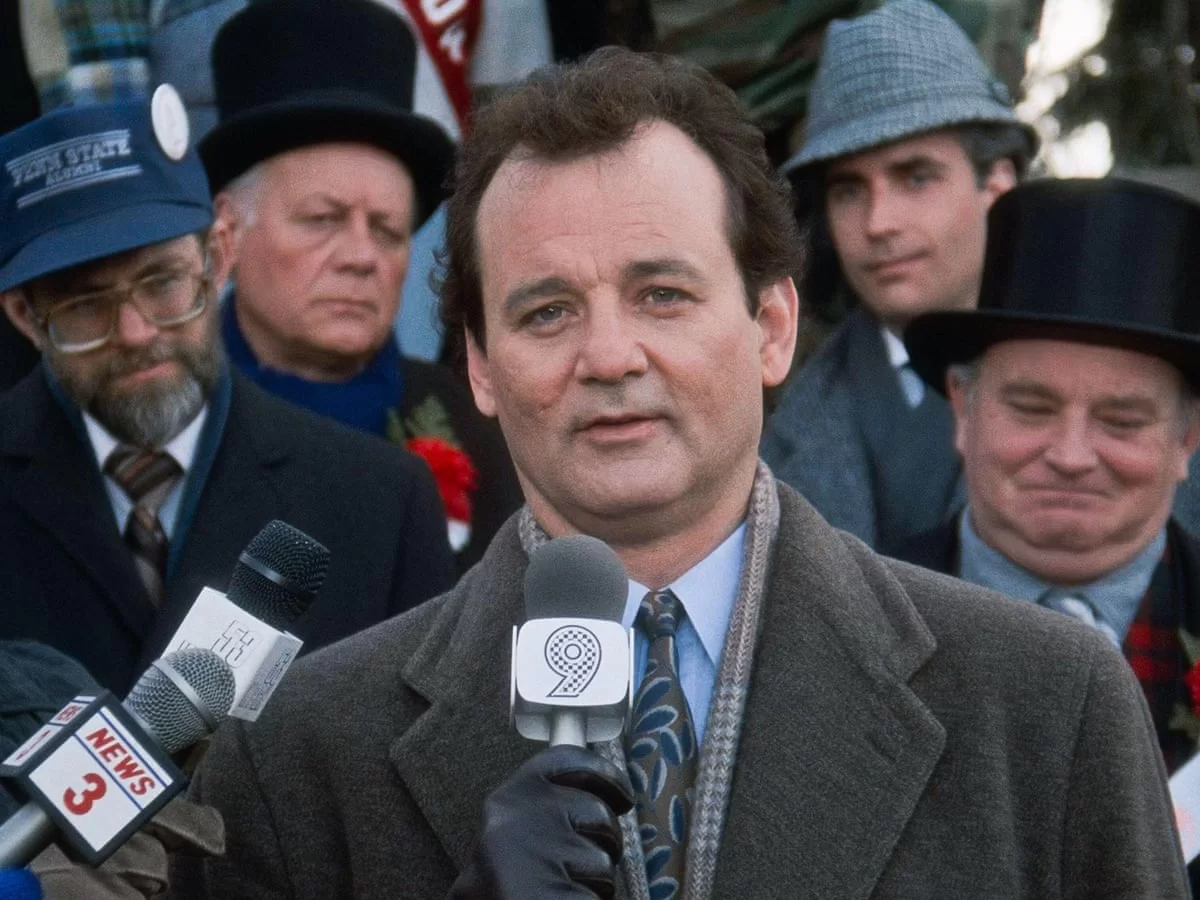
“…Inspirational movies of the 80s and 90s should in no way justify such scoundrels.”
Among Tarantino’s critiques, his disdain for Bill Murray’s star vehicles from the 80s and 90s—Groundhog Day, Stripes, and Scrooged—is particularly interesting. From Tarantino’s perspective, these films unjustly redeem Murray’s characters, which he terms ‘scoundrels.’
Despite the films’ popularity and Murray’s celebrated performances, Tarantino feels that the redemptive arcs lack adequate justification, an opinion that stimulates a reevaluation of narrative and character development in popular cinema.
Revisiting Scream: Tarantino’s Deconstruction of a Horror Classic
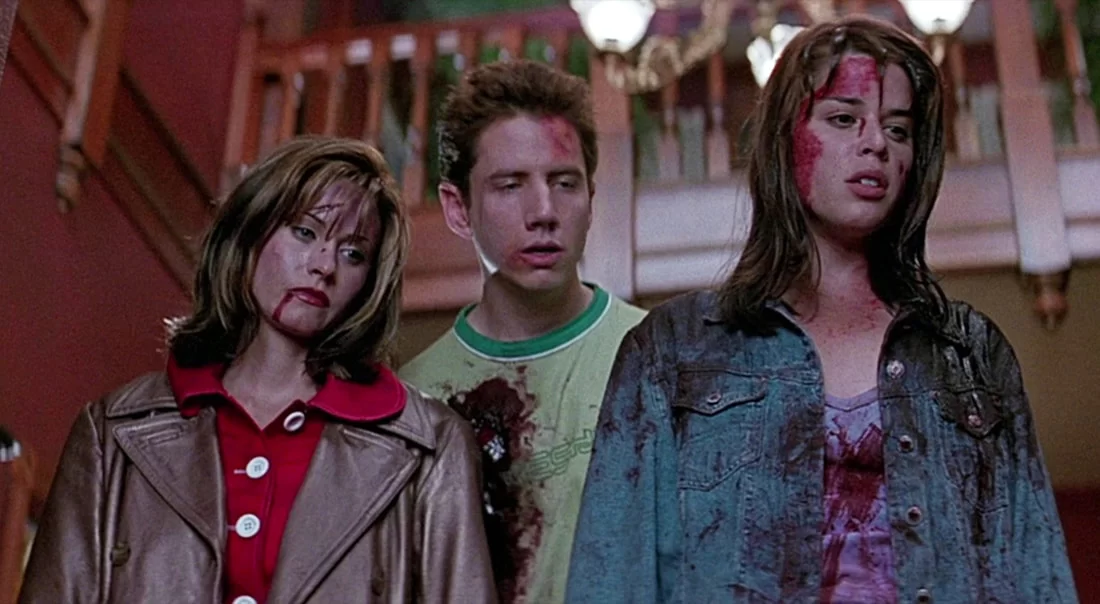
“I thought [Wes Craven] was the iron chain attached to its ankle that kept it earthbound and stopped it from going to the Moon.”
Tarantino’s frank criticism of Wes Craven’s direction of Scream, a cornerstone of horror cinema, offers a fresh lens to dissect this cult classic. Quentin Tarantino implies that the film failed to reach its potential despite its commercial success and popularity due to Craven’s grounding influence.
His critique provides a fascinating counterpoint to traditional praises shown on Scream, encouraging a reevaluation of the components that make a horror film exceptional.
Natural Born Killers: Tarantino’s Ire Over a Misinterpreted Script
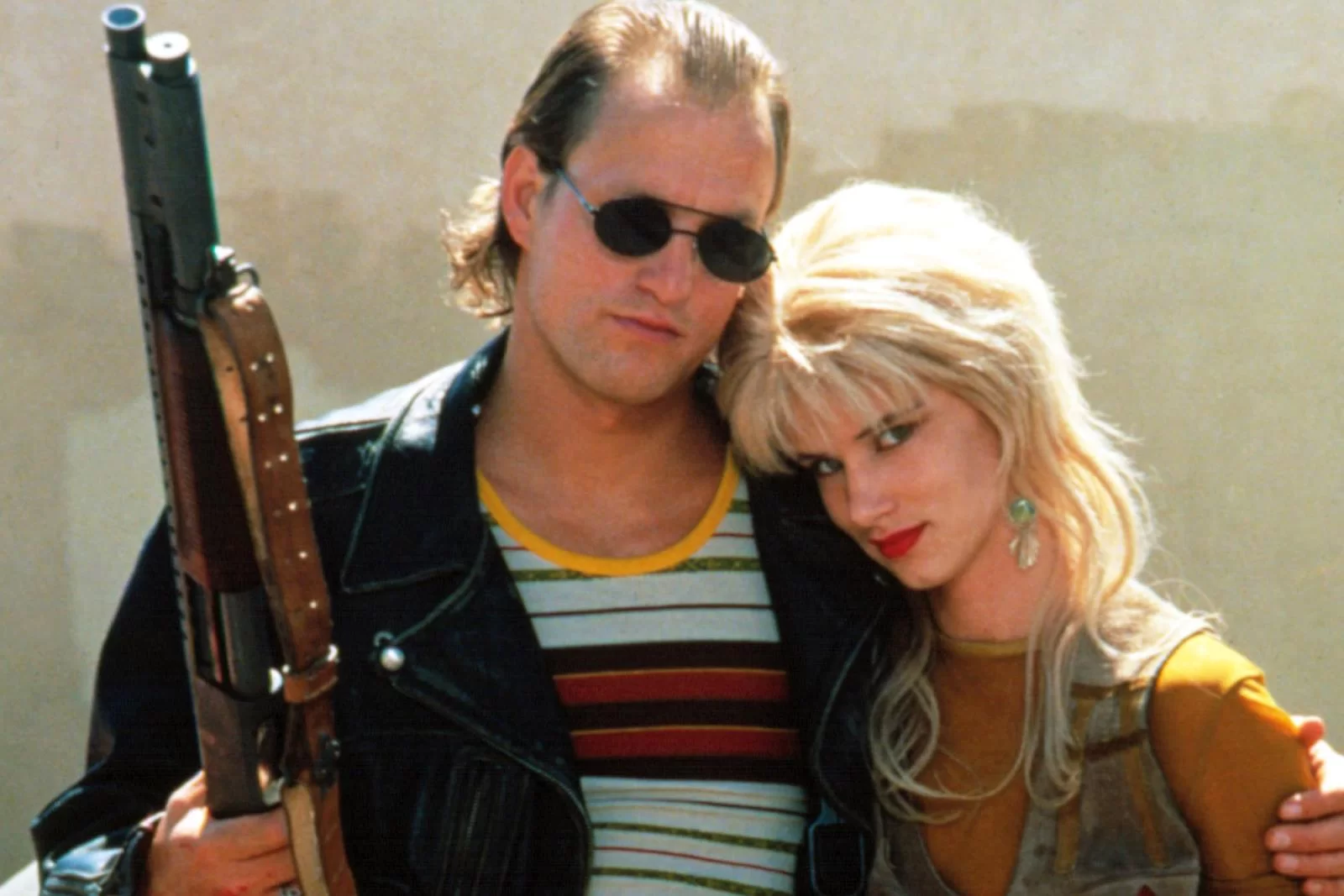
“Stone did not understand his story and idea at all.”
Quentin Tarantino’s resentment for Oliver Stone’s Natural Born Killers, a film he penned, is another fascinating aspect of his critique repertoire. It’s quite telling when a writer feels so strongly about a director’s interpretation of his script that he’s unable to watch the entire film.
This underscores the vast differences in artistic visions and highlights the possible tensions between screenwriters and directors.
Indiana Jones and the Last Crusade: Tarantino’s Unconventional Preference
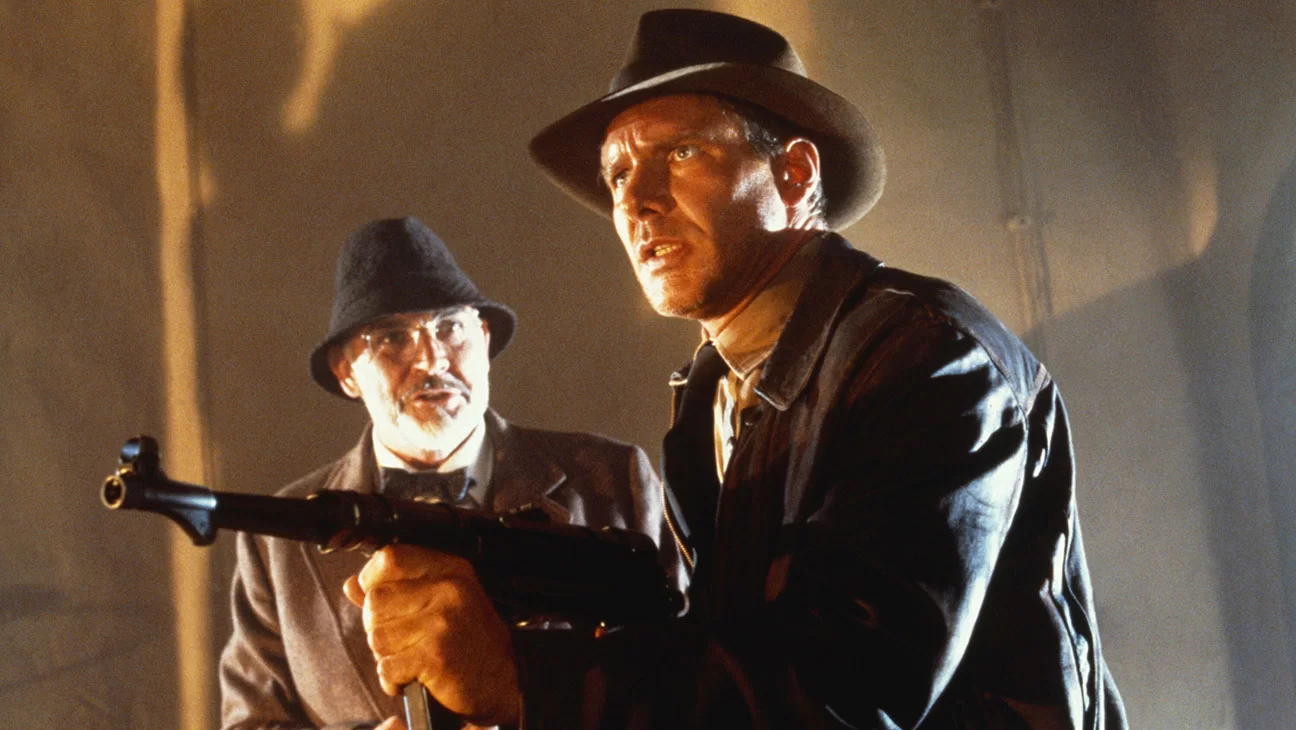
“I like Crystal Skull more than the Sean Connery one… That’s such a boring one.”
In a rare perspective, Quentin Tarantino finds Indiana Jones and the Last Crusade lackluster and prefers the widely criticized Indiana Jones and the Kingdom of the Crystal Skull.
His dismissal of Sean Connery’s character and the film’s perceived dullness starkly contrasts with popular opinion, provoking thoughtful debates about the elements that make an adventure film captivating.
Hitchcock’s Vertigo and Frenzy: An In-depth Look at Tarantino’s Aversion
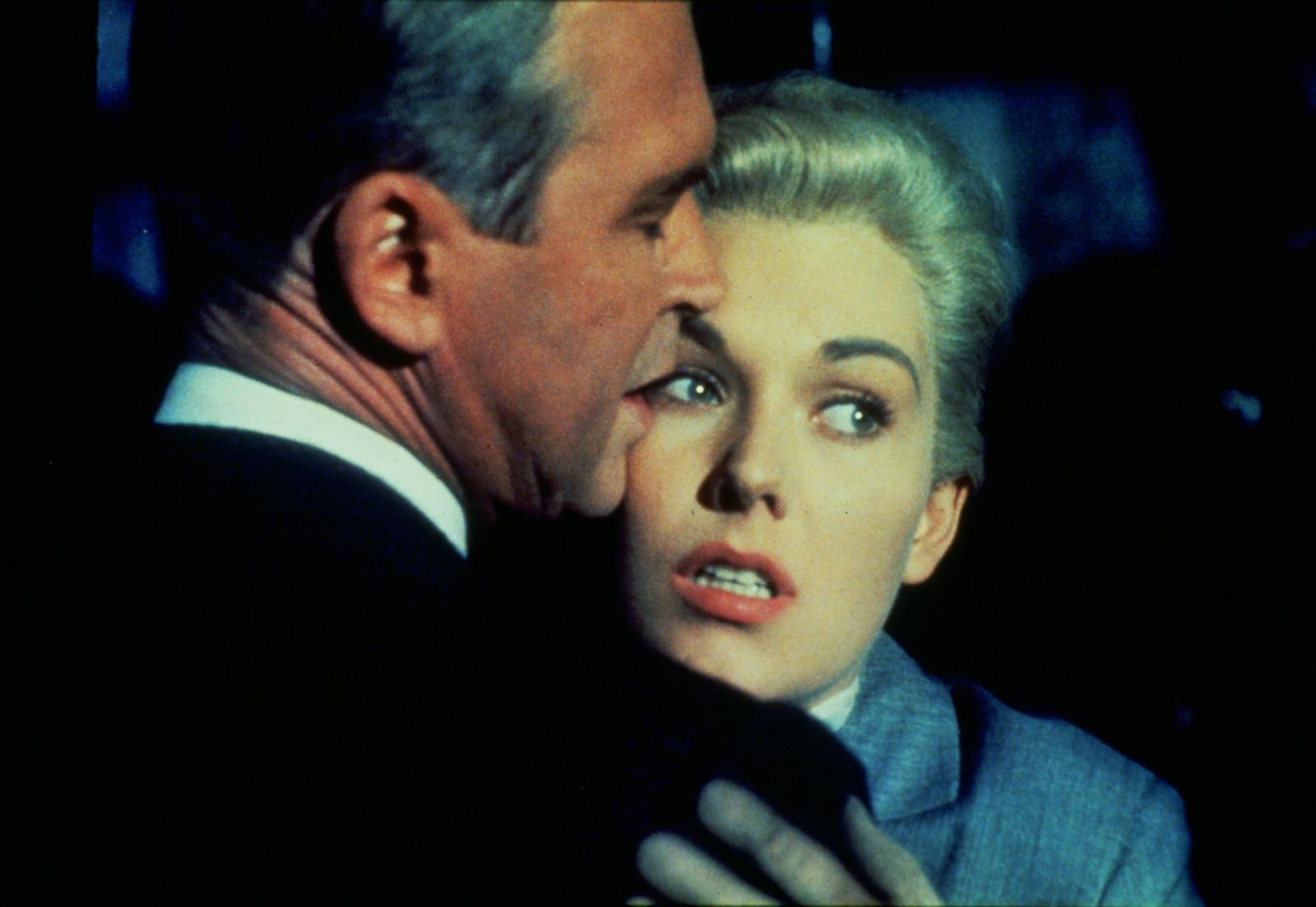
“Hitchcock’s Frenzy might be a piece of crap, but I doubt Alfred was bored making it.”
Quentin Tarantino’s criticism extends to Alfred Hitchcock, widely regarded as a master of suspense. Vertigo, Hitchcock’s collaborative effort with James Stewart, and Frenzy are among the films that failed to impress Quentin Tarantino. His critique sheds light on the inherent subjectivity of art, where films celebrated by many can fall short for others, even acclaimed directors.
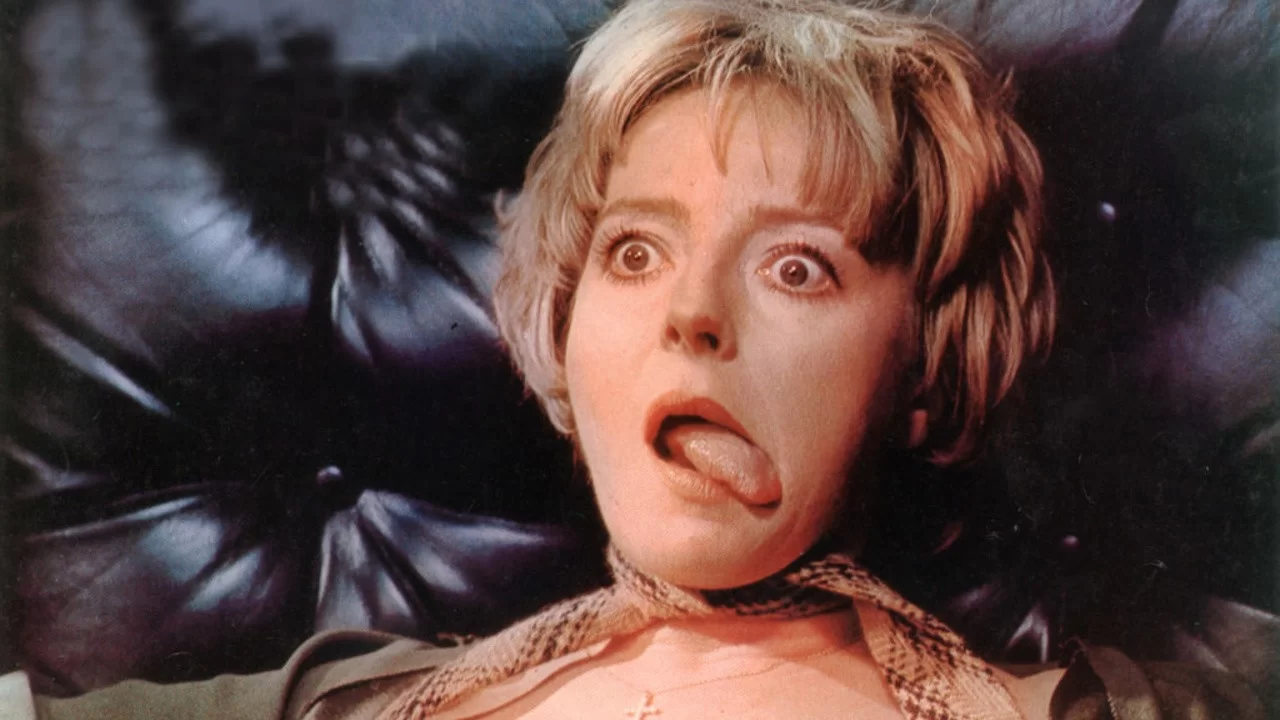
Tarantino’s critiques, rich with his unique perspectives, offer an intriguing lens to revisit these iconic films. It provides an invaluable opportunity to reflect on the diverse tastes in cinema and the multifaceted evaluations that it can provoke.
After all, cinema, like any art form, thrives on interpretation and discourse. Even if you disagree with his sentiments, they undeniably spark conversations, adding another layer to the ongoing discourse around these beloved films.


